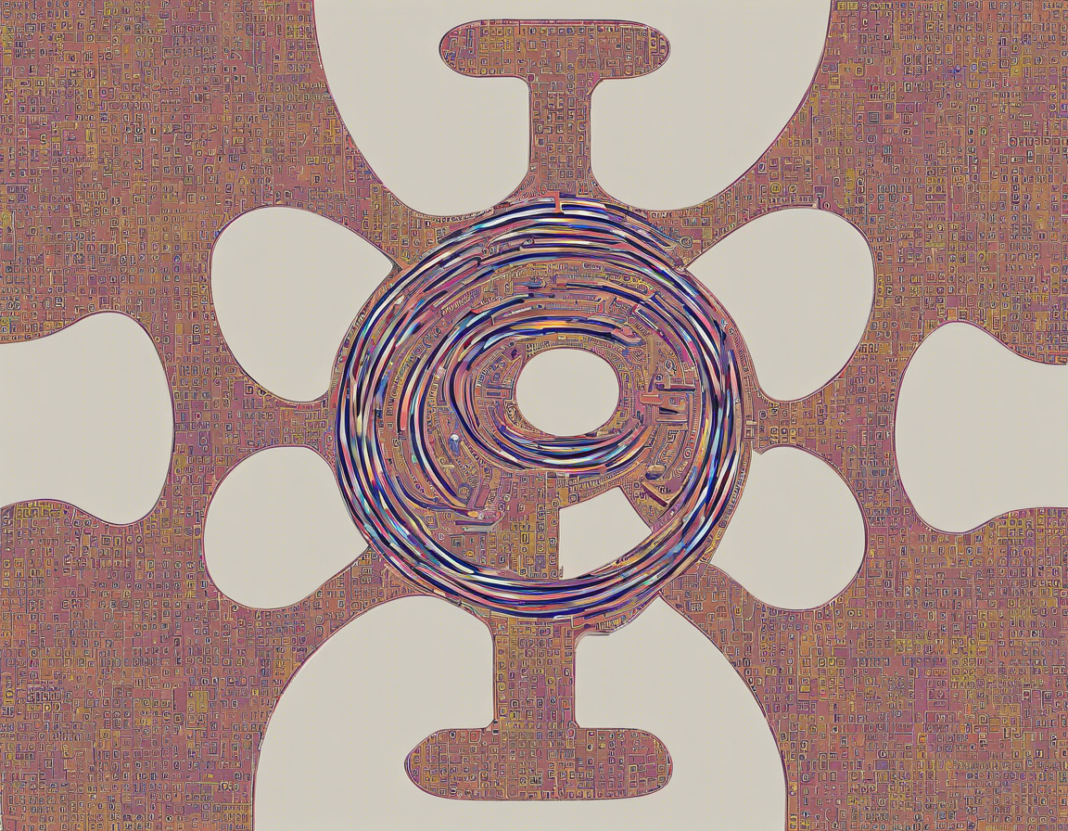A prime number is a natural number greater than 1 that can only be divided by 1 and itself without leaving a remainder. In this article, we will explore the concept of prime numbers and determine whether 59 is a prime number. We will also discuss various number properties and provide a detailed analysis to help you understand the topic better.
What is a Prime Number?
A prime number is a natural number greater than 1 that has no positive divisors other than 1 and itself. In other words, a prime number is a number that cannot be formed by multiplying two smaller natural numbers. For example, 2, 3, 5, 7, 11, and 13 are prime numbers.
Prime Number Properties
-
Infinitude of Primes: There are infinitely many prime numbers. This was proven by the ancient Greek mathematician Euclid.
-
Distribution of Primes: There is no simple formula to predict the exact location of prime numbers, although the distribution becomes less dense as numbers get larger.
-
Goldbach Conjecture: Every even integer greater than 2 can be expressed as the sum of two prime numbers. This conjecture, proposed by Christian Goldbach in 1742, has not been proven or disproven.
Is 59 a Prime Number?
To determine whether 59 is a prime number, we need to check if it has any divisors other than 1 and 59. We can do this by checking divisibility up to the square root of the number.
- The square root of 59 is approximately 7.68.
- We can check if 59 is divisible by any prime numbers less than or equal to 7.
- 59 is not divisible by 2, 3, 5, or 7.
Therefore, 59 is only divisible by 1 and 59, making it a prime number.
Prime Number Testing Methods
-
Trial Division: Check divisibility of the number by all integers up to the square root.
-
Sieve of Eratosthenes: Generate a list of prime numbers up to a certain limit and check if the number in question is in the list.
-
Probabilistic Primality Testing: Use algorithms like Miller-Rabin to probabilistically determine if a number is prime.
Prime Number Applications
-
Cryptography: Prime numbers play a crucial role in modern encryption algorithms like RSA.
-
Number Theory: Prime numbers are fundamental in the field of number theory, studying the properties and relationships between integers.
Frequently Asked Questions (FAQs)
- Can 1 be a prime number?
No, 1 is not considered a prime number because it does not have exactly two distinct positive divisors.
- Are prime numbers used in everyday life?
While prime numbers might not be apparent in daily activities, they are fundamental in various fields like mathematics, computer science, and cryptography.
- What is the largest known prime number?
As of September 2021, the largest known prime number is 2^82589933-1, a number with 24,862,048 digits.
- Do prime numbers follow a pattern?
Despite extensive research, there is no discernible pattern in the distribution of prime numbers. They seem to occur randomly.
- Can prime numbers be negative?
By convention, prime numbers are defined as positive integers greater than 1. Negative numbers can be prime in a different context, but it is not commonly used.
In conclusion, prime numbers are fascinating mathematical entities that have intrigued mathematicians for centuries. Understanding the properties and characteristics of prime numbers, including the determination of whether a specific number like 59 is prime, can deepen your mathematical knowledge and appreciation for the beauty of numbers.


